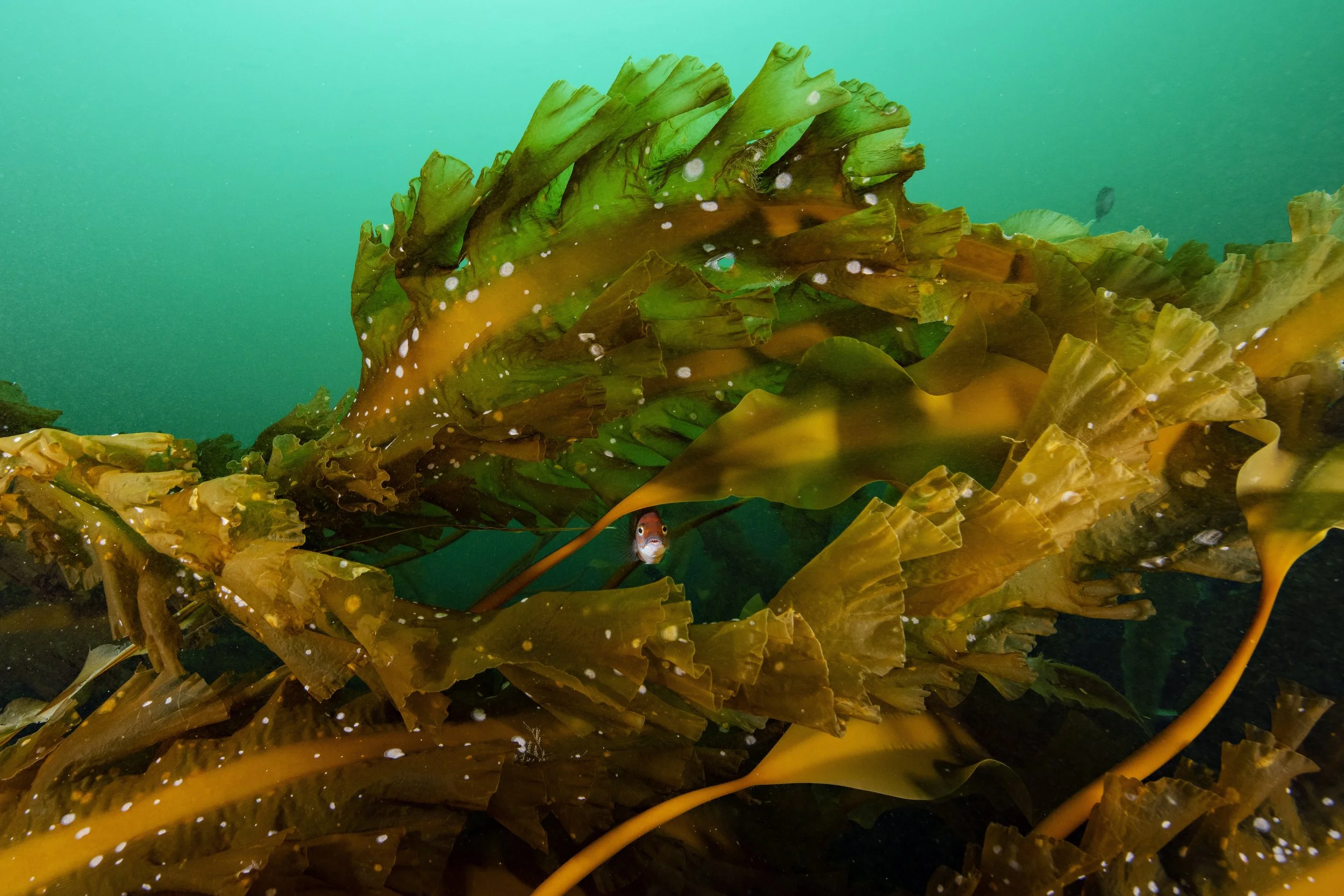PROTECT ANCIENT FORESTS

Help defend the Roadless Rule!
The U.S. Department of Agriculture has set into motion a misguided plan to rollback the Roadless Rule — opening up 45 million acres of America’s most wild forests to industrial logging and mining operations — which would pollute America’s drinking water, endanger wildlife, further destabilize our climate, and make our communities more vulnerable to wildfires.
UPDATE: During a condensed public input window of three weeks, energized grassroots efforts led to over 625,000 comments submitted to the federal government — with 99% in support of keeping Roadless Rule protections.
We are making progress. Continue to help us defend the Roadless Rule by clicking the button below.
Let’s continue to raise awareness by amplifying ‘The Voice of the Forest’
Please view our short film (runtime: 8 minutes) — a testament to the power of community, art, poetry and music to meet the issue of our time.
Indigenous leaders, key members of Congress, renowned musicians, poets, artists, professors, writers, scientists and inspired citizens are uniting across the country to demand the protection of our nation’s last remaining ancient forests.
Your support sustains this energized grassroots movement.
Creating a Curtain of Green.
“Beginning with the successful defense of Black Ram, the Curtain of Green will be a largely unbroken fringed feathery chain of gills that restores the lungs of Canada, the lungs of the U.S., cooling a burning world in the far north, swaying in high winds like the undersea fronds of kelp and dreams.” - Rick Bass
Threatened ancient forests
GREEN MOUNTAIN NATIONAL FOREST
(TELEPHONE GAP PROJECT)
Right now, the U.S. Forest Service is preparing the destruction of one of the largest, oldest blocks of unprotected forest in Vermont — logging over 11,000 acres and and releasing over a quarter million tons of CO2.
The ‘Telephone Gap’ project received final approval in January 2025 and will destroy the wild Pittenden Inventoried Roadless Area containing ancient trees and a complex web of biodiversity.
Photograph of ‘Telephone Gap’ area — provided by Zack Porter of Standing Trees.
KOOTENAI NATIONAL FOREST
(BLACK RAM LOGGING PROJECT)
Because we collectively lifted our voices, the egregious Black Ram logging project in the remote Kootenai National Forest (northwest Montana) was temporarily halted.
Update: On March 3, 2025, the Ninth Circuit U.S. Court of Appeals upheld Missoula federal district judge Donald Molloy’s rulings that require the U.S. Forest Service to keep the Black Ram logging project on hold. The federal appeals court upheld rulings on two of four claims that the U.S. Forest Service challenged, so the agency must redo parts of its project analysis — including the impact of unauthorized road use in the area.
Photograph of Kootenai National Forest by Alyssa O’Brien
CASHES LEDGE AREA
The majestic ancient kelp forest at Cashes Ledge — located approximately 90 miles offshore in the heart of the Gulf of Maine— is one of the most unique, diverse, dynamic and ecologically productive ecosystems in the Atlantic. However, this critical marine area lacks the permanent protections that are necessary to ensure it’s properly safeguarded for future generations.
Thankfully, the Cashes Ledge Area has cleared the first major procedural hurdle to be considered by NOAA for designation as a National Marine Sanctuary. Please click below to learn more about this truly magical place.
Photograph of Cashes Ledge by Brian Skerry, courtesy of Conservation Law Foundation.
For up-to-date information about the status of National Forest protection, please read:
Raising awareness by promoting the arts and sciences.
Please click the button below to discover a collection of short films, music, articles and inspired conversations that will help us better understand the forests and the importance of this issue.
Protect Ancient Forests presented:
Climate Aid: The Voice of the Forest
Protect Ancient Forests hosted a historic evening of art and advocacy on Sunday, October 15, 2023 at the City of Portland’s Merrill Auditorium.
We rallied together an inspiring coalition of nationally-known musicians, poets, environmental voices, artists, congresspeople, and Indigenous leaders to help raise awareness about our nation’s irreplaceable old-growth forest ecosystems.
Learn more about our impactful event in this Portland Press Herald article.
Why do we need to Protect Ancient Forests?
Ancient forests, also known as mature and old-growth forests, serve as the lungs of our planet. These majestic ecosystems naturally sequester enormous amounts of carbon, reduce wildfire risk, supply clean drinking water, and provide refuge to endangered species.
Despite their immense benefits, these treasure troves of biodiversity on United States public lands are still being commercially logged today.
It is not too late to forever protect America’s mature and old-growth forests. But we must act now.
Future generations are counting on us during this critical moment.
Photograph by Alyssa O’Brien
We must end old-growth logging once and for all … before it’s too late.
Maps: https://carbon.nasa.gov









